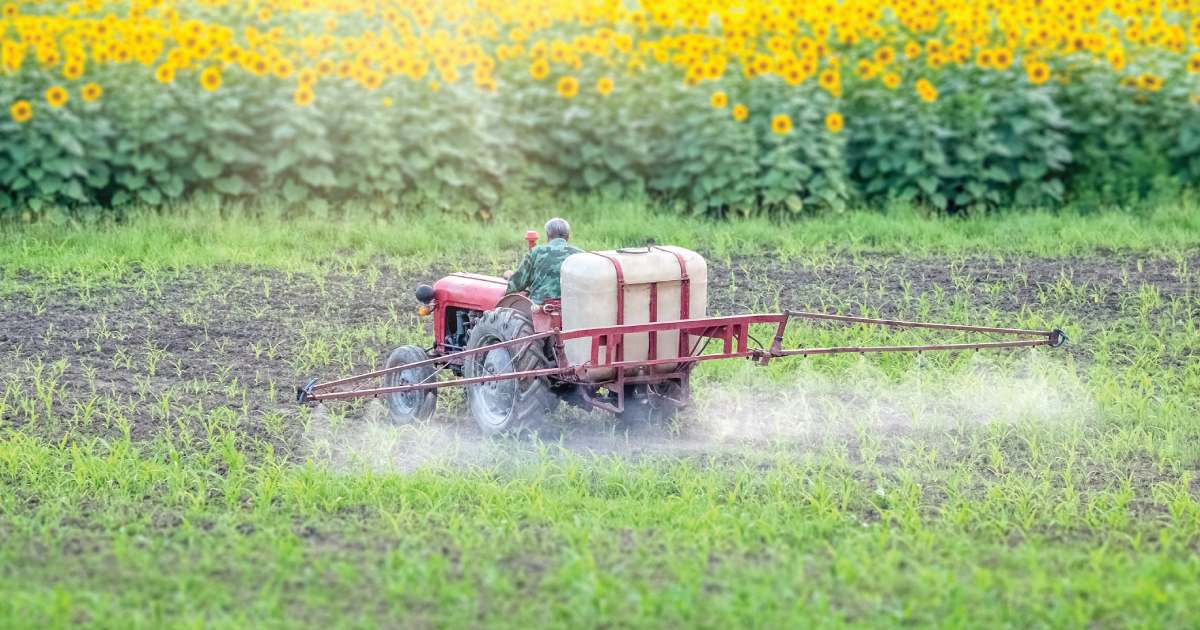
Pesticide Companies ‘Seriously Deficient’ on Human Rights, Says UN Toxics Expert
A storm has been brewing over the global pesticide industry for the last year. Several multi-million-dollar settlements against Monsanto, now owned by Bayer, has sent agribusiness companies into a tizzy and has made the herbicide glyphosate a household name. Public awareness in Switzerland is also on the rise following reports of excessive levels of pesticides found in waterways and potential links between pesticides and everything from collapsing bee colonies to poor sperm quality.
June 19, 2019 | Source: Swiss Info | by Jessica Davis Plüss
Two initiatives to restrict the use and sale of pesticides in Switzerland are up for discussion in parliament this week. The UN Special Rapporteur on Toxics believes pesticide companies and the Swiss government should do more to phase out hazardous chemicals.
A storm has been brewing over the global pesticide industry for the last year. Several multi-million-dollar settlements against Monsanto, now owned by Bayer, has sent agribusiness companies into a tizzy and has made the herbicide glyphosate a household name.
Public awareness in Switzerland is also on the rise following reports of excessive levels of pesticides found in waterways and potential links between pesticides and everything from collapsing bee colonies to poor sperm quality.
The Swiss government has had an ambiguous and inconsistent position on regulating pesticide use. On the one hand, it has been criticised for slower-than- desired progress in implementing a pesticide reduction action plan adopted in 2017. However, just last week the country went further than its European neighbors when it banned 12 pesticides containing chlorpyrifos and clorpyrifos-methyl.
